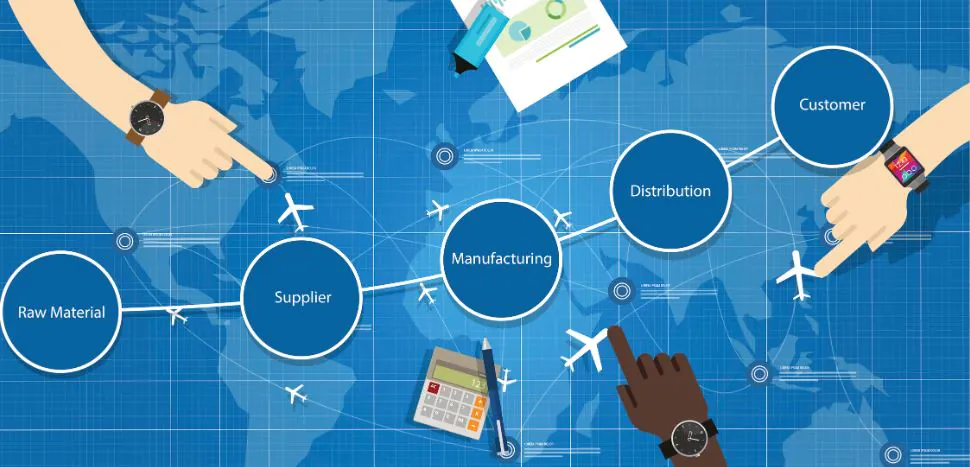The nonwovens industry in Europe is one of the most important sectors that serves the emerging but booming technical textile industry in the region. As the demand for nonwoven fabrics continues to grow and an increasing number of developed markets in Europe intensely invest in the manufacturing of functional textiles and nonwoven products, the nonwovens industry in Europe is experiencing steady growth.
According to recent statistics disclosed by EDANA, the leading global association serving the nonwovens and related industries, the overall production of the nonwovens industry in Europe increased by 2.5% in terms of volume in 2016, reaching nearly 2.4 million tonnes, despite an uncertain economic and political climate in the region. While growth in output in the European Union outperformed greater Europe overall, some countries such as Germany, Spain, and Italy demonstrated impressive development in nonwovens production.
Nonwoven fabrics provide specific functions such as resilience, absorbency, liquid repellent, stretch-ability, flame retardant, softness, strength, acoustic insulation, wash-ability, cushioning, thermal insulation, and filtration. Nonwoven materials and products are widely used in a variety of sectors such as medical, healthcare, home furnishings, textiles, construction, and agriculture, which why industry growth is on the rise.
EDANA also points out that divergent trends were observed between the various production processes of nonwovens. The production of fibre-based materials drylaid and short-fibre airlaid technologies, for example, recorded an increase of 2.2% and 2.9% respectively, while wetlaid remained relatively stable. Spunmelt nonwovens recorded a growth rate of 3.3%, reaching a production total of 1 million tonnes for the very first time. The highest growth rate was observed in material produced via the air-through bonding process, with a 13.1% increase.
Currently, the primary end-use for nonwovens in Europe continues to be the hygiene market, with a 30.7% share of deliveries (by weight). Significant growth areas for nonwovens were recorded in other sectors; agriculture and garments (both recording double digit growth), air filtration (+3.2%), construction (+4.5%) and food and beverage (+4.2%). Countering this, a minor decline of -1% was recorded in the automotive industry. The medical and personal care wipes sectors both remained stable with a very slight fall of 0.4%.
Thousands of the world’s leading textile and apparel companies can be in your contact list if you join BizVibe today! Whether you are looking for reliable suppliers, top textile manufacturers, wholesalers and potential customers in over 70 countries, or want to find out what your competitors are buying and which suppliers they’re using, BizVibe can help you reach out to sales prospects and decision-makers in the textile industry across the globe.


